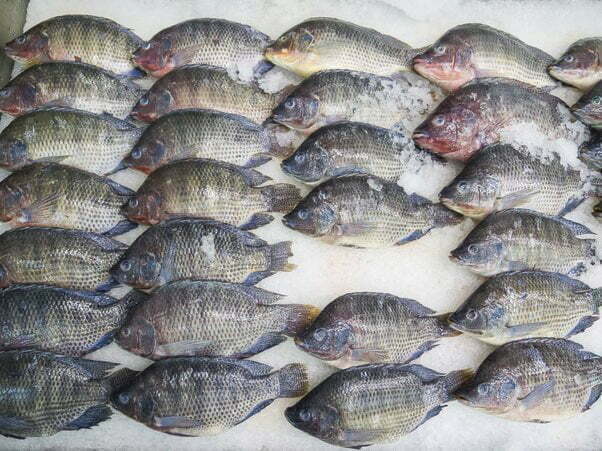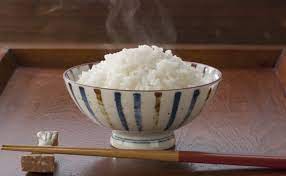Tilapia is a freshwater fish that is commonly farmed for food. It is a popular choice for many people due to its mild flavor and low cost. However, in recent years, there have been concerns about the safety and sustainability of tilapia as a food source.
One of the main concerns about tilapia is that it is often farmed in crowded, unsanitary conditions. These conditions can lead to the spread of disease and parasites, which can be harmful to both the fish and the people who consume them.
In addition, tilapia are often fed a diet that is high in soy and corn, which can lead to a lower omega-3 to omega-6 ratio in the fish. This imbalance can negatively affect human health, as a high intake of omega-6 fatty acids has been linked to an increased risk of chronic diseases such as heart disease and cancer.
Tilapia is also considered to be a low-quality fish in terms of nutritional value. It also lacks other important nutrients like Vitamin D and Vitamin B12 which are found in fatty fish.
Another concern is that tilapia farming can have a negative impact on the environment. Tilapia are often farmed in closed systems, such as ponds and tanks, which can lead to high levels of waste and pollution. This can harm nearby aquatic ecosystems and contribute to the depletion of wild fish populations.
Some studies have also raised concerns about the presence of contaminants such as heavy metals, pesticides, and antibiotic residues in tilapia. These contaminants can be present in the fish due to the use of pesticides and other chemicals in the farming process, or due to the fish’s diet. These contaminants can be harmful to human health and may have negative long-term effects.
Tilapia is also considered to be a lower-quality fish in terms of taste and texture. Some people find it to be bland, mushy, and lacking in flavor and texture compared to other fish species.
In conclusion, tilapia is a freshwater fish that is commonly farmed for food. However, there are concerns about the safety and sustainability of tilapia as a food source. The fish is often farmed in crowded, unsanitary conditions, which can lead to the spread of disease and parasites, as well as negatively impact the environment.
Tilapia is also considered to be a low-quality fish in terms of nutritional value, and it can contain contaminants that can be harmful to human health. Additionally, the taste and texture of tilapia may not be as desirable as other fish species. It is important to be aware of the source and farming conditions of tilapia before consuming it and to consider other fish options that may be safer and more sustainable.









